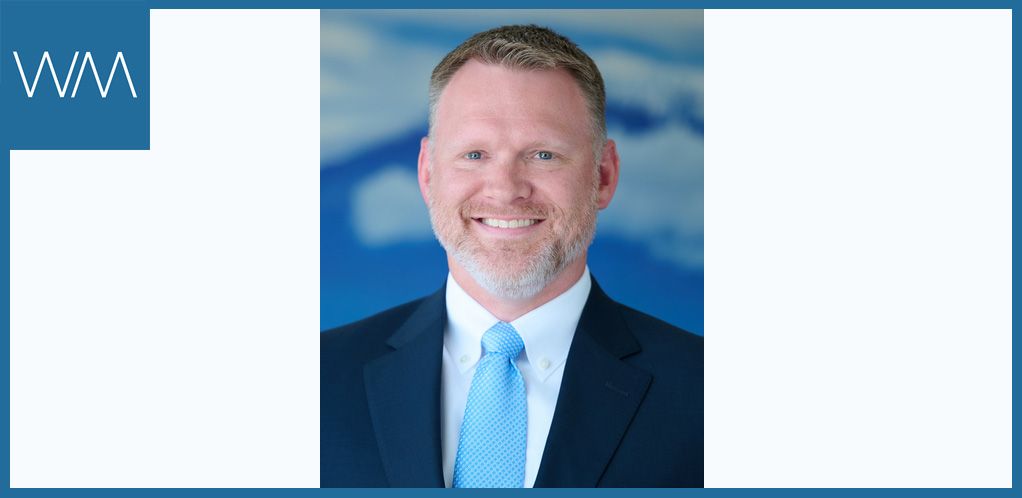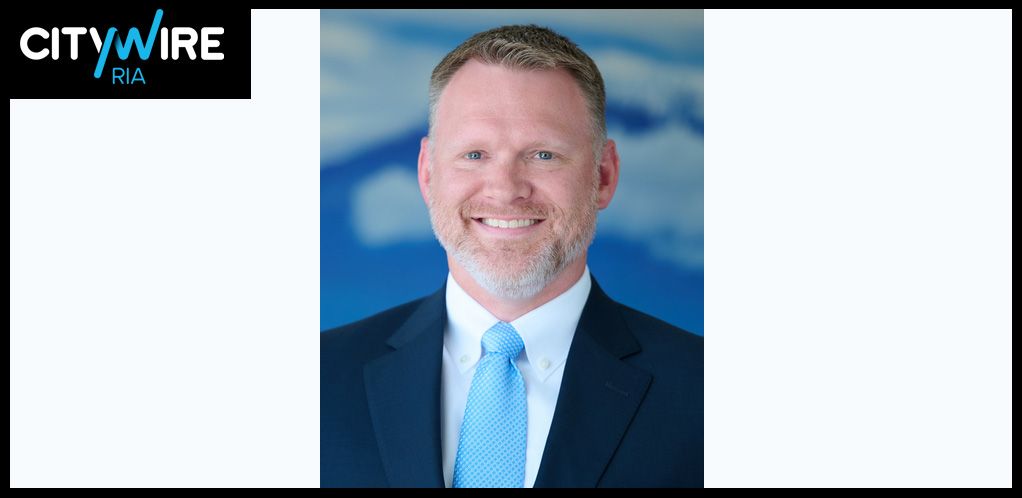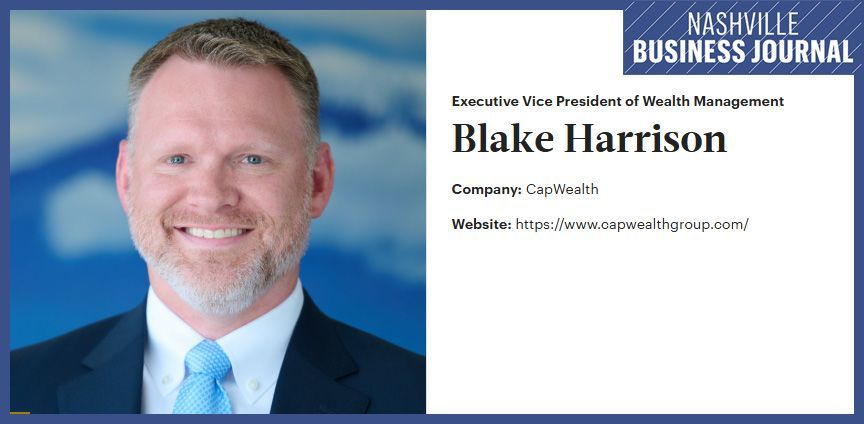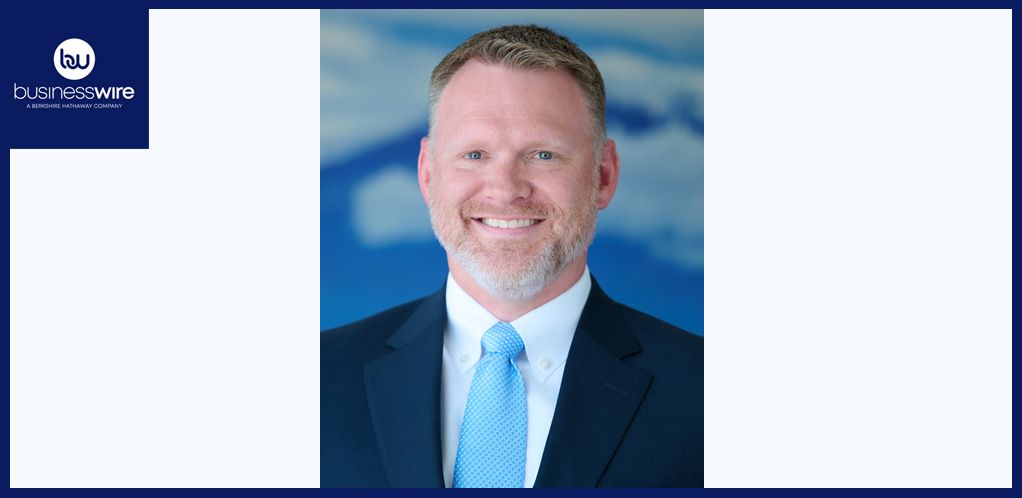Maybe Financial Advice Business Isn’t Dead After All
September 2, 2019
Pacific Life Insurance recently announced it would be halting the digital financial advice service called Swell Investing.
After four years on the market, Swell representatives said they weren’t able to achieve the right scale to sustain operations.
The theme of the automated platform was investing clients in vehicles focused on sustainable businesses, like green technology, clean water and renewables.
But with environmental, social and governance (ESG) funds attracting nearly $9 billion in the first half of the year (compared with $5.5 billion for all of 2018 ), it may be the platform that’s the problem.
One example of such an automated platform is the Charles Schwab Intelligent Portfolio . Introduced in 2015, a minimum of $5,000 is required to begin . Algorithms are used to build and monitor a personalized portfolio.
Since their emergence over a decade ago, robo-advisers have become a popular alternative for investors just entering the market or those looking to simplify the investment process.
According to a recent study from the Pension Research Council at the University of Pennsylvania’s Wharton School, only 5% of Americans utilize a robo-adviser.
A recent Charles Schwab study says these users are predominantly millennials (60%) but found that nearly half of Americans expect to use a robo-adviser by 2025. Still, 70% of those who would or do utilize a robo-adviser want that system to have access to human advice.
For millennials, who came of age during the technological boom, pivoting to online banking and financial services and has been a given. And for those just starting out in the market, a robo-adviser can provide low- or no-fee services and a basic understanding of the market.
One problem with robo-platforms is in the way accounts are set up, largely through a questionnaire about risk aversion. As a columnist in Forbes noted when the aforementioned Schwab product went on the market, “[Robo-platforms] are not providing the wisest retirement advice but merely giving you what you asked for.”
When you work with a registered investment advisor (RIA), he or she is held to a fiduciary duty. This duty means that the advisor must have the clients’ best interests in mind at all times. The argument for avoiding robo-advisers is simple: How can an algorithm have your best interests in mind at all times?
Many headlines touted that robo-advisers were going to replace traditional financial advisors altogether. But data shows that as people become more aware of their own goals, they want real people to help manage their finances. They want someone who can understand their level of risk aversion, educate them on the market and lend an ear to their unique financial challenges and victories. It seems that working with a human is here to stay – at least for a little while longer.
Jennifer Pagliara, CFP
, is an executive vice president and financial adviser at CapWealth and a proud member of the Millennial Generation. Her column speaks to her peers and anyone else that wants to get ahead financially. This article was published in The Tennessean on Sept. 6, 2019.














